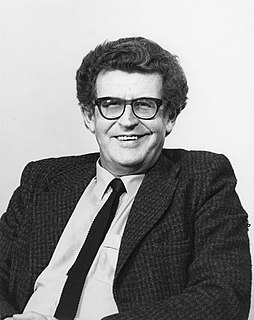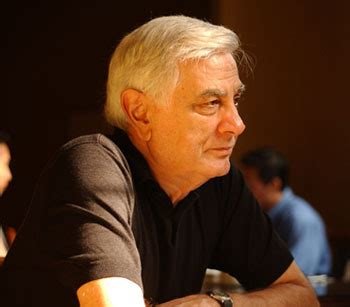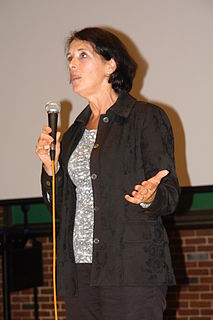A Quote by Jeremy Grantham
Capitalism does millions of things better than the alternatives. It balances supply and demand in an elegant way that central planning has never come close to.
Related Quotes
If the central contest of the twentieth century has pitted capitalism against socialism, then F. A. Hayek has been its central figure. He helped us to understand why capitalism won by a knockout. It was Hayek who elaborated the basic argument demonstrating that central planning was nothing else but an impoverishing fantasy.
Capitalism is the best way of organizing economic activity for a lot of reasons. It unlocks a higher fraction of human potential, it balances supply and demand, it's more consistent with higher levels of freedom. But the way we're pursuing it now, focuses on such short-term horizons, that a lot of businesses and investors are tempted to look at investments in terms of what's gonna happen in the next 90 days, what's gonna happen in one year. But the old phrase, "Good things take time," is true of successful businesses as well.
People think what's in the US today is capitalism. It's not even close to capitalism. Capitalism doesn't have a central bank, capitalism doesn't have taxes, it doesn't have regulations; capitalism is just voluntary transactions. What they have in the US today I call crapitalism. But it's sad that so many people are confused and they think, 'Oh that's free markets in the US', when it's one of the least free market countries on earth.
I'll never believe that Americans have racticed in our history anything close to the purest form of democracy of the world. Because there are lots of democracies around the world that function better than ours does. It's always been that way. There's some truth to the idea that it's rigged, but there is a way that it's supposed to work that.
One cannot buy, rent or hire more time. The supply of time is totally inelastic. No matter how high the demand, the supply will not go up. There is no price for it. Time is totally perishable and cannot be stored. Yesterday's time is gone forever, and will never come back. Time is always in short supply. There is no substitute for time. Everything requires time. All work takes place in, and uses up time. Yet most people take for granted this unique, irreplaceable and necessary resource.


































